The four Australian banks at the core of the ongoing debate about opening up Apple Pay in the country have narrowed down their demands after being snubbed by the country's competition regulator, and are now solely focusing on opening access to iPhone and Apple Watch NFC technology.
Bendigo and Adelaide Bank, Commonwealth Bank of Australia, National Australia Bank, and Westpac have dropped fee negotiations, saying that access to core Apple Pay NFC technology would benefit retailers, boost loyalty programs, and enhance touchless payments as a whole. The banks believe that there is "no genuine competition" in Australia, leaving Apple with a "stranglehold" on the marketplace, should it be allowed to bring a closed system to the country's banks.
"Open access to the NFC function, as occurs on the world's most popular and widely installed mobile operating system Android, is important not just to the applicants and mobile payments, but to a range of NFC-powered functions across many sectors and uses," said the bank's collective spokesman Lance Blockley in a statement. "This has global implications for the use of NFC on smart phones.
"The applicants expect that Apple Pay would be offered to their customers alongside open access to the NFC function," added Blockley. "Any delay or frustration will be as a result of Apple refusing to negotiate."
The four banks last year filed a complaint with the Australian Competition and Consumer Commission (ACCC), asking to collectively negotiate for access to the same NFC technology Apple Pay uses. Although a final ruling isn't likely until March at the earliest, a draft decision appears to have already shot down the idea.
Only one major national bank, ANZ, currently supports Apple Pay in Australia. Alternatives from international firms ING and Macquarie are also available in the country.
Apple has insisted that allowing third-party access to its NFC technology would compromise security, and that device owners would have to manually pick which app uses the chip anyway, potentially reducing adoption. On Friday, Apple Vice President Jennifer Bailey decried the legal maneuvering.
"While initially, in many markets, there have been banks that have initially been wary about working with a company as large as Apple, once they begin to work with us and understand the Apple Pay platform, they see the benefits of it," Bailey said. "That hasn't fully happened with the ACCC applicants, because the conversation is happening through the ACCC process, compared to what normally happens, which is we have the conversation bilaterally."
Bailey noted that Australians are using Apple Pay more often each month than customers in any other country, credited to "Australia being a recognized global leader in contactless payments and usage." Over 26 percent of ANZ customers are using the platform.
 Mike Wuerthele
Mike Wuerthele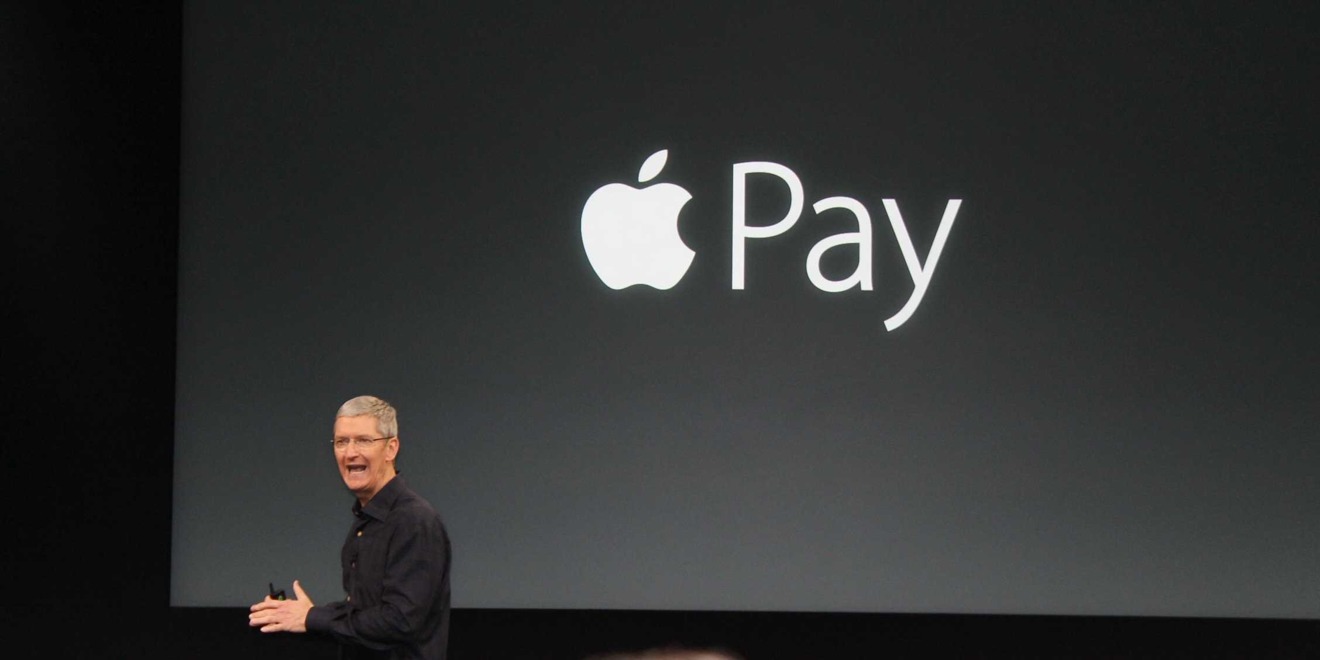
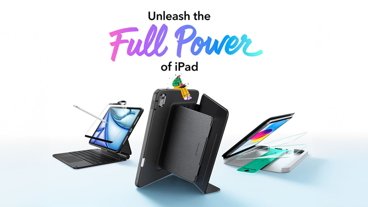
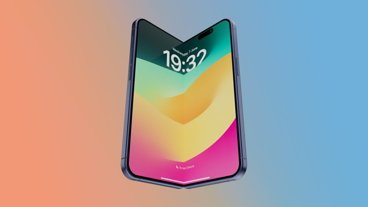
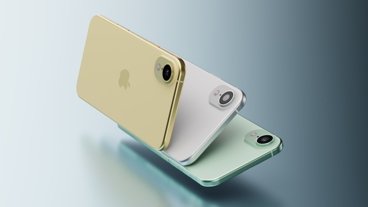
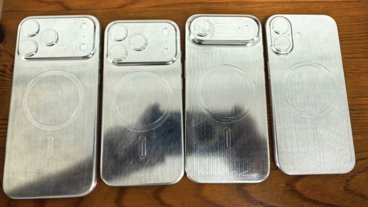
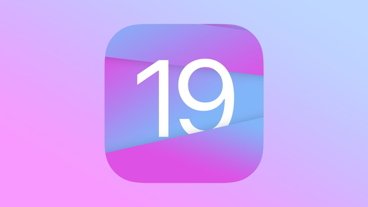


-m.jpg)





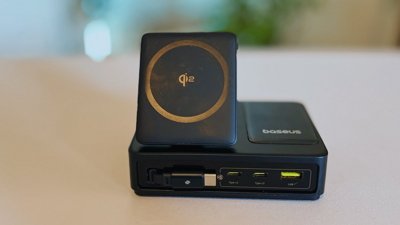
 Amber Neely
Amber Neely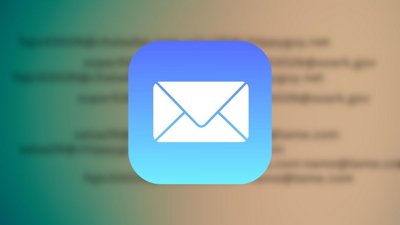
 Marko Zivkovic
Marko Zivkovic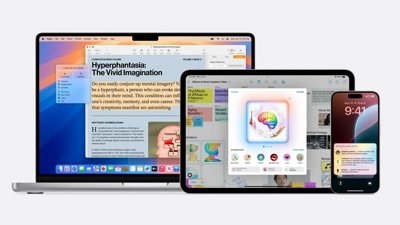
 Malcolm Owen
Malcolm Owen
 Andrew O'Hara
Andrew O'Hara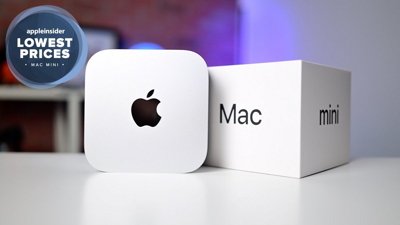
 Christine McKee
Christine McKee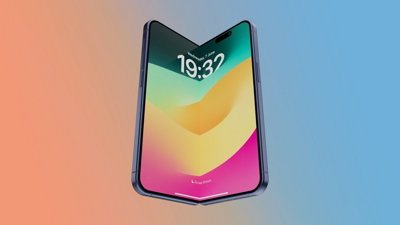

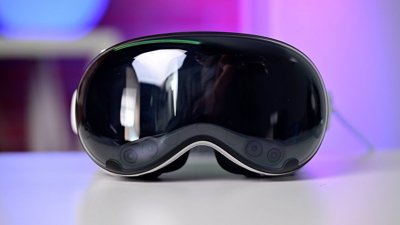
 Andrew Orr
Andrew Orr








30 Comments
My friend who is living in Australia said that he got an Android becauae of the contactless payment system that his bank is offering. Currently, he is not ready to sacrifice it for any other device.
There's absolutely no reason for Apple Pay's NFC to be open sourced, and many good reasons not to. There's no exclusivity with Apple so banks can use their same setup with Apple Pay to support Android Pay, Samsung Pay, and whomever else wants to jump in on this system.
Surely if Apple is going to allow Store loyalty cards, transport cards and other uses that NFC would indeed be good for, they would do it themselves as a Wallet extension API?
One system app would then control the radio interaction and user interface for consistency and quality of experience.
They still need to be able to have a lights-out RFID mode for some of these uses like transport cards.
Trying to think of an appropriate analogy.
Maybe it's the same as the alternate AppStore argument. People want either to avoid the cost of doing business on Apple's turf, or have control of the experience Apple provides. And this takes me back to the movie theater analogy. Apple's OS (iOS) is like the theater. They don't allow in outside food, and they don't provide access to the projectors. It's Apple's place of business. Control over it is a big part of the reason operating systems are licensed, not sold. The intellectual property that runs your iPhone belongs to Apple, not to the owner of the physical handset. Apple isn't telling anyone they can't have access to the NFC chip; heck, you can rip the phone apart and dig in there and pull out the NFC circuitry, for all the good it'll do you. Yup, as the owner of the phone, it's yours. But you can't utilize it via Apple's OS in ways Apple doesn't approve of. Jailbreak and do whatever you like.